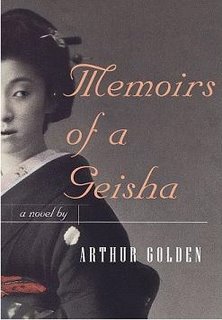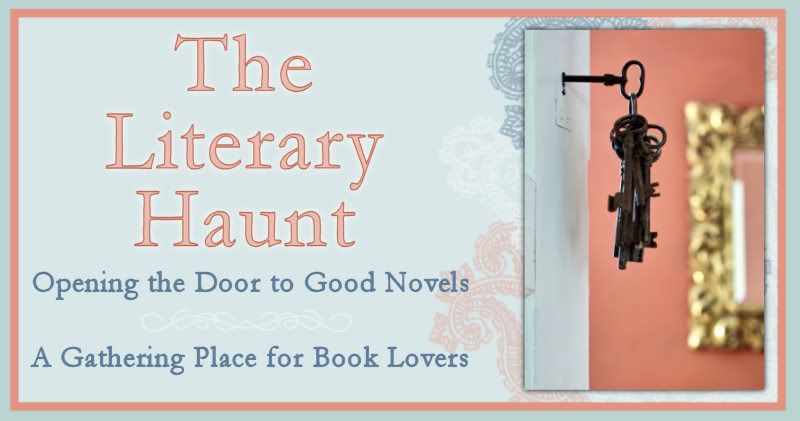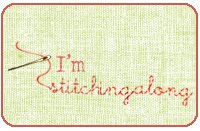Friday, December 22, 2006
 Last week I read Memoirs of a Geisha by Arthur Golden. Simply, incredible. I was memorized from the first word to the last. Beyond the amazing craft of Arthur Golden was the ability of the novel to connect me with real life issues —and I'm someone living in a completely different culture.
Last week I read Memoirs of a Geisha by Arthur Golden. Simply, incredible. I was memorized from the first word to the last. Beyond the amazing craft of Arthur Golden was the ability of the novel to connect me with real life issues —and I'm someone living in a completely different culture.Bringing the reader to see their life in your book is my ultimate goal in writing, and in my opinion, should be the ultimate goal of Christian worldview fiction. The fact this novel managed to bring me to questioning my own life, my values and my beliefs, reinforces my opinion that you don't have to write with an agenda, or form your story around the principle that you want your readers to take away.
The reader must be the one to question themselves. As writers, we can never make readers think what we want, but it often seems to me that books in the CBA are trying just that. They're hoping the reader will pick up on a spiritual concept without a spiritual mind. If you're writing to a broad audience, then rely on your story to communicate. Stories have an amazing ability to reach beyond what we write.
In Memoirs of a Geisha, a young girl, taken from her fishing village and forced to serve in a prominence Geisha house. She either needs to escape or become a Geisha herself. She tries escape. Her situation worsens. Ultimately, she's given the chance to become a Geisha and is tread underfoot while she pursues this dream. It always amazes me to read other cultures, to see how women are treated and people live.
Yet, I found myself wondering how much better her life would be if she tried to escape again. Found a husband, a poor fisherman even, settled down and watched her children grow. From the beginning of the novel the reader is aware that she grew to become a famous Geisha. Her life eventually became one of ease. Even so, I found myself thinking of the whole picture. She strived and was walked over to become an glorified prostitute. Though largely ignored in the novel, she usurped husbands' affections for their wives, taking riches that should have been bestowed upon their wives, as her own.
Did she really win? Yes, she didn't die a toothless, old woman, making her grandchildren kowtow with fear when she fixed her eye on them for bad behaviour. But would it have been so bad? Or could she have set her aim at something nobler, such as opening a school for girls, or working for her own business?
My thoughts shifted from there to Americans. What are we pursuing? How much of what we do is about gaining position, enduring so that we can enter the fray for wealth and fame, or jobs and security.
Arthur Golden wrote a spectacular novel. I highly doubt his intentions were to make a writer pause and look hard at her life, her novel, and her beliefs about fiction. He couldn't have planned that. That happened because he wrote a story that went as deep as it did wide. It happened automatically.
Labels: Highly Recommended--5 Stars









